
The importance of sustainability in the food industry and how to make choices that support it
"Let's face it, food is one of life's greatest pleasures. But have you ever stopped to think about the impact our food choices have on the environment? From farm to fork, the food industry has a significant impact on the planet, and it's time to take a closer look at the choices we make. The good news is, by making conscious and informed decisions, we can support sustainability in the food industry and do our part to protect our planet.
Sustainability in the food industry involves a range of practices, from reducing food waste to supporting local farmers and fishing communities. But with so much information out there, it can be overwhelming to know where to start. That's where this guide comes in, breaking down the importance of sustainability in the food industry and providing simple tips on how you can make choices that support it.
So, whether you're a foodie, eco-warrior, or just someone who wants to do their part, this article is for you. Get ready to learn about the impact of the food industry, the benefits of sustainable food practices, and how you can make choices that support sustainability, all with a sprinkle of humor."
The impact of the food industry on the environment
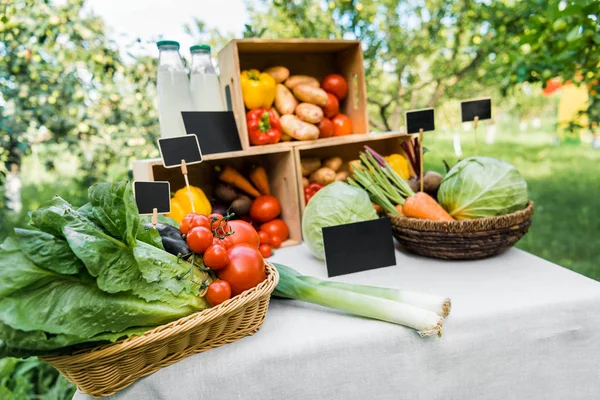
"Let's talk about the elephant in the room - the food industry's impact on the environment. And we're not just talking about a few crumbs left on the counter, we're talking about a big, big mess. The food industry contributes to a range of environmental problems, from deforestation to greenhouse gas emissions, and everything in between.
Deforestation is a major issue, as vast areas of forest are cleared to make way for agriculture. This not only destroys natural habitats, but also contributes to climate change, as trees absorb carbon dioxide from the atmosphere.
Greenhouse gas emissions from agriculture, including methane from livestock and nitrous oxide from fertilizers, are also a major contributor to climate change. In fact, the food industry is responsible for around a quarter of global greenhouse gas emissions.
Water usage is also a concern, as agriculture accounts for around 70% of global water usage. In some areas, this is leading to water scarcity and depletion of groundwater reserves.
So, what does this all mean? Simply put, the food industry has a significant impact on the environment, and it's time we take a closer look at the choices we make. But don't worry, it's not all doom and gloom - there are plenty of steps we can take to support sustainability in the food industry and reduce its impact on the environment."
The benefits of sustainable food practices for farmers and consumers
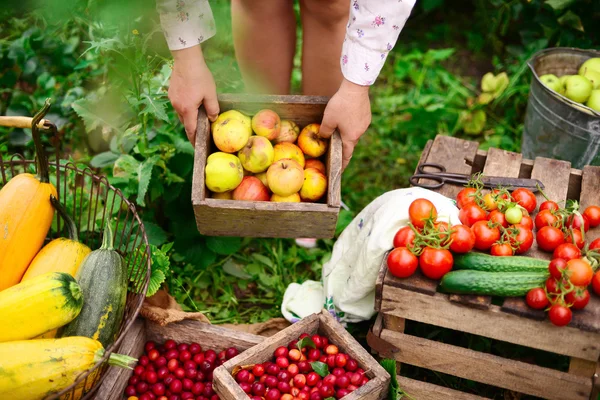
When we talk about sustainability in the food industry, it's not just about protecting the environment, it also has numerous benefits for the farmers and consumers. Sustainable food practices lead to healthier soil, which in turn, produces healthier crops and animals. This results in higher quality, better tasting, and more nutritious food.
For farmers, sustainable practices can lead to lower costs and better returns, as they can reduce the use of chemicals and fertilizers, conserve water and energy, and reduce waste. They can also lead to increased resilience in the face of climate change and other environmental challenges.
Consumers, on the other hand, benefit from the increased availability of healthier, higher quality food. They also play an important role in supporting sustainable food practices by choosing to purchase from farmers and producers who prioritize these practices. This not only benefits their own health, but it also helps to create a more sustainable food system for everyone.
By making conscious choices about the food we purchase and consume, we can help to support sustainable food practices, protect the environment, and improve the health and well-being of farmers and consumers alike. So let's work together to create a more sustainable food future!
Understanding food labeling and certification
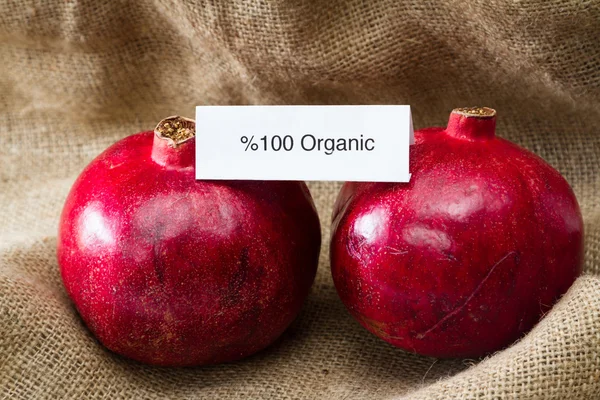
When it comes to making choices that support sustainability in the food industry, understanding food labeling and certifications is key. Just like reading the nutrition label on your favorite snack, understanding food labeling and certifications can help you make informed decisions about the food you purchase.
One popular certification is USDA Organic. This label means that the food was produced without the use of synthetic pesticides, fertilizers, or other harmful chemicals. Another well-known certification is Fair Trade, which ensures that the farmers who grow your food are paid fairly for their labor.
The Rainforest Alliance Certified seal ensures that the production of the food you buy protects wildlife, ecosystems, and the rights and well-being of workers and local communities. Similarly, the Marine Stewardship Council (MSC) certifies that the seafood you purchase was sustainably harvested, with an eye on the health of ocean ecosystems and the long-term future of the fishing industry.
So next time you’re at the grocery store, take a closer look at the labels on your food. Supporting certified sustainable food practices helps protect the environment, promotes equitable treatment of farmers, and ensures that future generations can continue to enjoy delicious and nutritious food.
Choosing local and seasonal produce
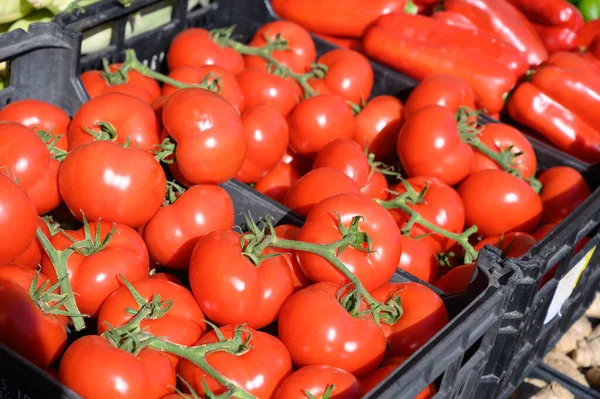
When it comes to making choices that support sustainability in the food industry, one simple step is to choose local and seasonal produce. Not only does buying local reduce the carbon footprint from transportation, it also supports local farmers and their livelihoods. Additionally, choosing produce that's in season means it's grown at the optimal time and requires less energy to cultivate, making it better for the environment.
And let's not forget, seasonal produce is often tastier and more nutritious than imported options that are picked early to withstand transportation. So, it's a win-win all around - you get to enjoy fresher, more delicious produce while supporting sustainable food practices.
So, next time you're at the grocery store or farmers market, take a moment to consider where your food is coming from and what time of year it's being harvested. Making this small change can have a big impact on the environment and the future of the food industry.
Supporting sustainable fishing practices
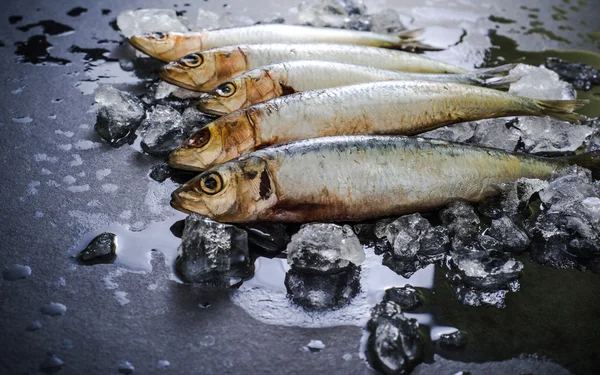
When it comes to seafood, sustainability is a critical factor to consider. Overfishing has led to the depletion of certain fish populations and the destruction of marine ecosystems. To make a more sustainable choice, look for seafood certified by the Marine Stewardship Council (MSC) or the Aquaculture Stewardship Council (ASC). These organizations set standards for sustainable fishing and aquaculture practices and certify seafood that meets those standards.
In addition to certifications, consider the type of seafood you purchase. Fish that are farmed rather than caught in the wild, such as salmon and tilapia, often have a smaller environmental impact. Opt for smaller, lower-impact species like sardines and anchovies, which have shorter lifecycles and are more abundant. Also, try to avoid species that are considered to be threatened or overfished, such as bluefin tuna and Chilean sea bass.
By making informed decisions about the seafood we eat, we can help to ensure that our oceans remain healthy and sustainable for generations to come. So next time you're at the seafood counter, take a minute to consider the source and make a choice that supports sustainable fishing practices. Your taste buds and the planet will thank you!
Reducing food waste through mindful consumption
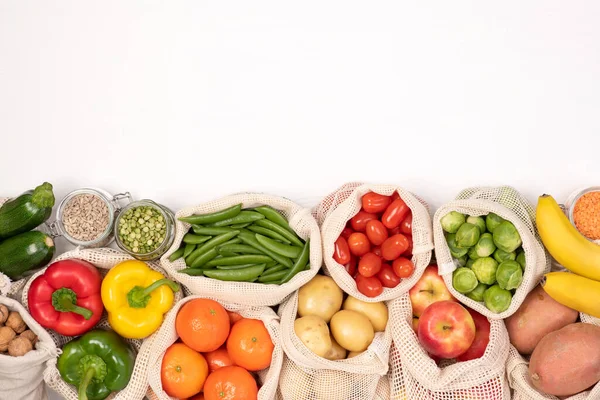
Reducing food waste through mindful consumption is a key aspect of supporting sustainability in the food industry. Every year, millions of tons of food are wasted, which not only takes a toll on the environment but also contributes to the global food shortage crisis. The good news is that making small changes in our food consumption habits can have a big impact in reducing food waste and promoting sustainability.
Here are a few simple tips to get started:
Plan your meals and shopping trips. By creating a weekly meal plan and grocery list, you'll be less likely to impulse buy items that will eventually go to waste.
Store food properly. Proper storage can extend the life of your food, helping you avoid waste.
Use leftovers creatively. Don't let leftovers go to waste! Instead, incorporate them into your meals for the next day or repurpose them in a new recipe.
Buy imperfect produce. There's no need to be a perfectionist when it comes to choosing produce. Embrace imperfections and opt for "ugly" produce to help reduce waste in the food industry.
Compost your food scraps. By composting, you can turn food waste into a valuable resource for your garden, while also keeping it out of landfills.
By making a conscious effort to reduce food waste, we can help support sustainability in the food industry and ensure that future generations will have access to fresh, healthy food.
Making conscious choices when eating out

Making conscious choices when eating out is an important aspect of supporting sustainability in the food industry. With the rise of fast food chains and convenience dining options, it can be easy to forget about the impact our food choices have on the environment. But, by being mindful and making informed decisions, you can make a big difference.
When dining out, look for restaurants that are committed to sustainable practices. This could mean sourcing ingredients from local and organic farms, reducing food waste, or supporting sustainable fishing practices. You can also choose to dine at restaurants that use eco-friendly packaging and tableware, which can help reduce the impact of single-use plastics.
Another option is to look for restaurants that have earned sustainability certifications, such as Ocean Wise or LEED certification. These certifications are awarded to businesses that demonstrate a commitment to reducing their environmental impact and promoting sustainable practices.
In addition to choosing sustainable restaurants, you can also make a difference by choosing menu items that are in line with your values. This could mean choosing plant-based options, or opting for dishes made with locally-sourced ingredients.
Remember, every little choice can add up to make a big impact. So, the next time you dine out, take the time to make informed choices that support sustainability in the food industry.
The importance of reducing meat consumption

When it comes to sustainability in the food industry, reducing meat consumption is one of the most impactful choices a person can make. Livestock farming, specifically cattle, is one of the largest contributors to greenhouse gas emissions and deforestation. In addition, large-scale animal agriculture often involves inhumane treatment of animals and overuse of antibiotics, which can harm both the animals and the environment.
Reducing meat consumption doesn't necessarily mean going fully vegetarian or vegan, but simply making mindful choices about the amount and frequency of meat in our diets. Try incorporating more plant-based meals into your routine, such as vegetable stir-fry or a hearty bean soup. When you do choose to eat meat, opt for sustainable, locally-raised options and look for certifications such as Animal Welfare Approved or Global Animal Partnership.
Making small changes in your diet can have a big impact on the environment and animal welfare. So, next time you're meal planning, consider the impact of your food choices and strive to make more sustainable selections. Your taste buds and the planet will thank you!
Conclusion
Sustainability in the food industry is a critical issue that affects us all. From the health of our planet to the well-being of farmers and consumers, making conscious choices in the food we eat is crucial. The good news is that there are many simple steps we can take to support sustainability in the food industry. By understanding food labeling and certification, choosing local and seasonal produce, supporting sustainable fishing practices, reducing food waste, making conscious choices when eating out, and reducing meat consumption, we can all play a part in creating a more sustainable food system.
So let's raise a fork to a brighter, more sustainable future! By making small changes in our food choices, we can help create a healthier, more equitable world for ourselves and future generations. Whether it's trying out a new vegetable, supporting local farmers, or eating a little less meat, every action counts. So go forth and eat sustainably, my friends!
 Reviewed by jadan
on
February 10, 2023
Rating:
Reviewed by jadan
on
February 10, 2023
Rating:




No comments: